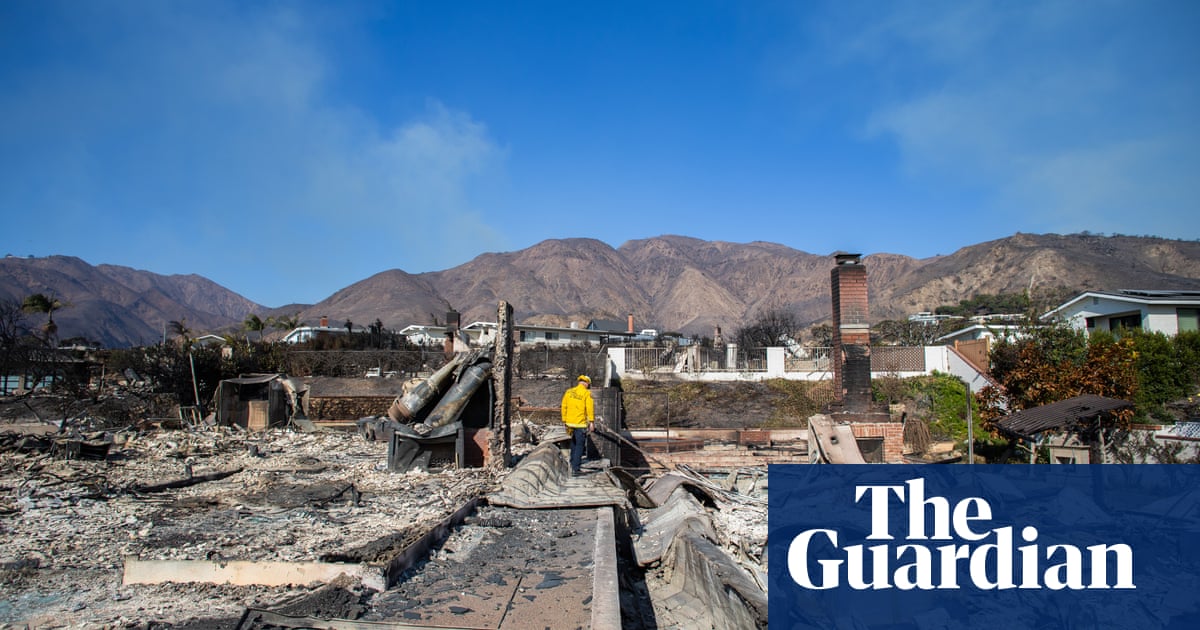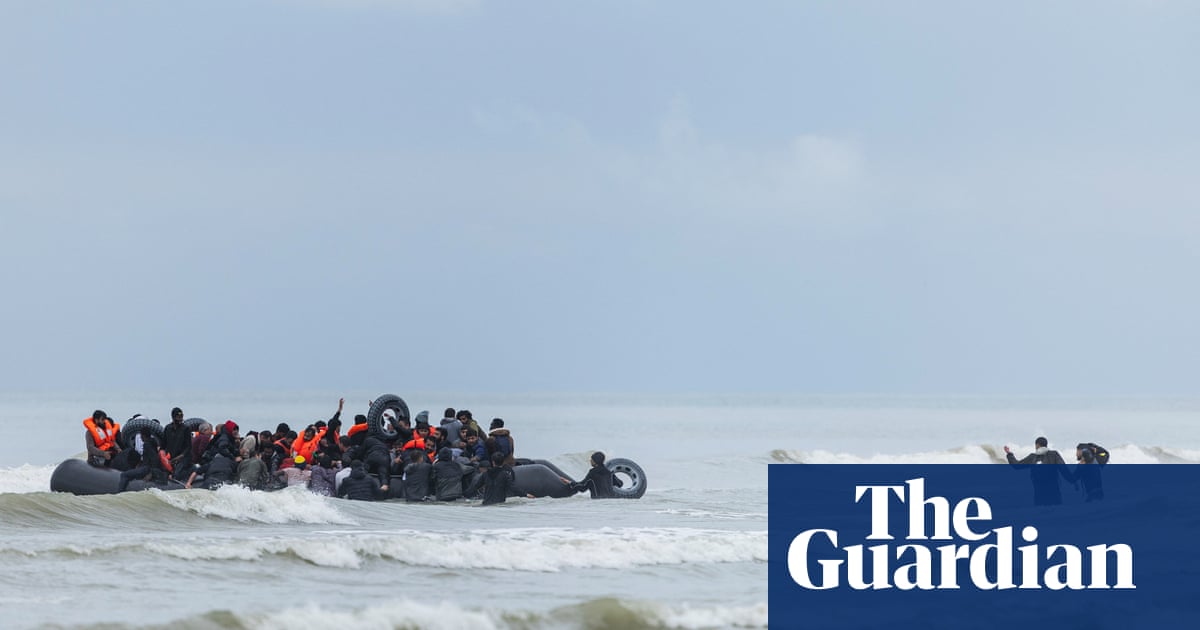Rena never knew a strike in Greece she did not support, never missed a rally that our party endorsed. But on Wednesday, at a rally to mark a rare nationwide general strike, Rena was not there. Worried, I rang her. No, nothing untoward had happened. “I just can’t afford to lose a day’s wages, not this week,” she said, apologetically. Having lost her flat last year to a vulture fund – an investment fund that buys shares cheaply in companies that are failing in order to take control, improve their performance and so make money – Rena was struggling to pay this month’s rent, which eats up 60% of her income. “I shall join you briefly, during my lunch break,” she promised.
Rena is not atypical. The turnout for the general strike was depressingly low. Margaret Thatcher was right that a combination of austerity and the financialisation of working-class housing (through the sale of council houses) is the perfect poison for the trade union movement. In Greece, the financialisation of housing took a more circuitous route. A chance meeting in 1998 with a director of a major German bank had alerted me to it long before it unfolded.
Puzzled by his joy that Greece had been invited to join the euro, I asked him why. He explained that we Greeks were his bank’s “wet dream”. Although much poorer than the Germans, 80% of Greeks owned their homes outright and had no debts. “Once your wages are in hard currency, you will be our best customers,” he said. “We shall sell you mortgages, Volkswagens, all kinds of appliances and the loans to buy them with.” Unconvinced, I asked what he thought would happen when those loans triggered a debt-fuelled economic boom, inflating bubbles that were bound to burst and then leave his Greek customers with nothing but unpayable debts. “We will take your houses,” he replied, presciently.
Today, in a country of 10 million people, more than one million homes and small businesses, including Rena’s flat, have fallen into the lap of vulture funds that bought distressed mortgages from the banks at a fraction of the loans’ face value. As they are auctioned off, these funds reap returns in excess of 200%, which they legally transfer to their offshore accounts. About a quarter of Greece’s national annual income will be thus siphoned out of a country whose working people can’t afford the bare essentials but whose wealthy have been celebrating their unexpected windfall for the last four years.
When the shock waves of the 2008 financial crisis hit Greece, lacking a currency to devalue, its creditors imposed the logic of internal devaluation: instead of a currency devaluation of, say, 30%, it cut by 30% everything else – wages, pensions, expenditure on health and education, etc. Alas, there is one thing that internal devaluation can never devalue: debt. Having lost so much of their euro income, while their euro debt grew, both the Greek state and workers like Rena went bankrupt.
Around 2018, as the state offloaded its assets in a fire sale and foreign money rushed in to buy cheap land and property, the freefall began to decelerate and a comatose equilibrium emerged. Rents and house prices went through the roof, propelled also by digital nomads and homes converted to Airbnb lets, while wages remained on the floor. Between 2009 and 2023, in countries such as Poland and Slovenia, the real hourly wage rose significantly (42% and 23% respectively). But in Greece, it fell by a whopping 23.7%. Greece even managed to displace Bulgaria from the bottom of the EU27 table in terms of the purchasing power of the hourly wage. In 2022, almost one in four of all Greek workers in full-time employment lived on incomes that in 2009 were considered below the poverty line.
Moreover, when pauperisation of the many goes hand in hand with privatisation of every public asset, democracy is the next victim. Greece’s formerly public electricity company is a case in point. Broken up into pieces that were handed over to five Greek oligarchs (alongside private equity funds such as Macquarie and CVC), their profit margins are among the highest in Europe. But try criticising them and you get cancelled – at least by the five major TV channels which, by some strange coincidence, are also controlled by the same five oligarchs. Is it any wonder that Greece languishes in 107th place, behind Qatar and Thailand, in the Reporters Without Borders’ press freedom index?
Normally, such vistas of discontent should be a breeding ground for labour mobilisations. But not in Greece, where the bulk of the austerity, the electronic auctions used to evict homeowners and the sordid privatisations were written into law by the centre left: first the Pasok socialists then by my former party, the leftist Syriza, which is haemorrhaging support and MPs, and is no longer the official opposition.
With the left having its dirty work done for it – with the tacit complicity of the unions that the left controlled – the centre-right government under Prime Minister Kyriakos Mitsotakis was utterly unperturbed by Wednesday’s not-so-general strike. His real concerns were the ominous wranglings within his governing party that surfaced soon after Donald Trump’s victory.
after newsletter promotion
Since 2019, with the left’s self-inflicted fall from grace, Mitsotakis has built his hegemony on a coalition of two factions: one that swears by austerity, fire sales and the predation that keeps the oligarchy seriously wealthy; and a second far-right, xenophobic Trumpian faction. With three far-right parties already in parliament and snapping at his heels in the polls, Mitsotakis is facing an insurrection from his Trumpian faction.
As for the left, our onerous twin task is, first, to regain the trust of the people we abandoned to a diligently reconstructed predatory state and, second, to elicit a belief that resistance is never futile.
-
Yanis Varoufakis is the leader of MeRA25, a former finance minister and author of Technofeudalism: What Killed Capitalism

.png) 1 month ago
13
1 month ago
13













































